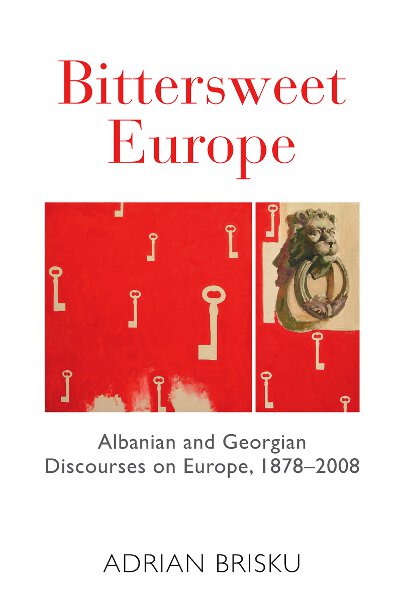This article examines Russia’s reaction to political changes in Georgia and Ukraine in light of the interplay between the democracy promotion policies implemented by the EU and US and domestic patterns of democratization 다운로드. We argue that despite the relatively weak impact of EU and US policies vis-a-vis domestic structures, Russia has responded harshly to (what it perceives as) a Western expansionist agenda in pursuit of reasserting its own hegemonic position in the post-Soviet space 다운로드. However, coercive pressure from Russia has also unintended, counterproductive effects. We argue that the pressure has actually made Georgia and Ukraine more determined to pursue their pro-Western orientation and has spawned democratization, thereby supporting the objectives of the Western democracy promoters s플래너.
Delcour, L., & Wolczuk, K. (2015). Spoiler or facilitator of democratization?: Russia’s role in Georgia and Ukraine. Democratization, 22(3), 459-478

 From the late nineteenth century to the post-communist period, Albanian and Georgian political and intellectual elites have attributed hopes to “Europe,” yet have also exhibited ambivalent attitudes that do not appear likely to vanish any time soon
From the late nineteenth century to the post-communist period, Albanian and Georgian political and intellectual elites have attributed hopes to “Europe,” yet have also exhibited ambivalent attitudes that do not appear likely to vanish any time soon  When most of Eastern Europe was struggling with dictatorships of one kind or another, the Democratic Republic of Georgia (1918-1921) established a constitution, a parliamentary system with national elections, an active opposition, and a free press
When most of Eastern Europe was struggling with dictatorships of one kind or another, the Democratic Republic of Georgia (1918-1921) established a constitution, a parliamentary system with national elections, an active opposition, and a free press